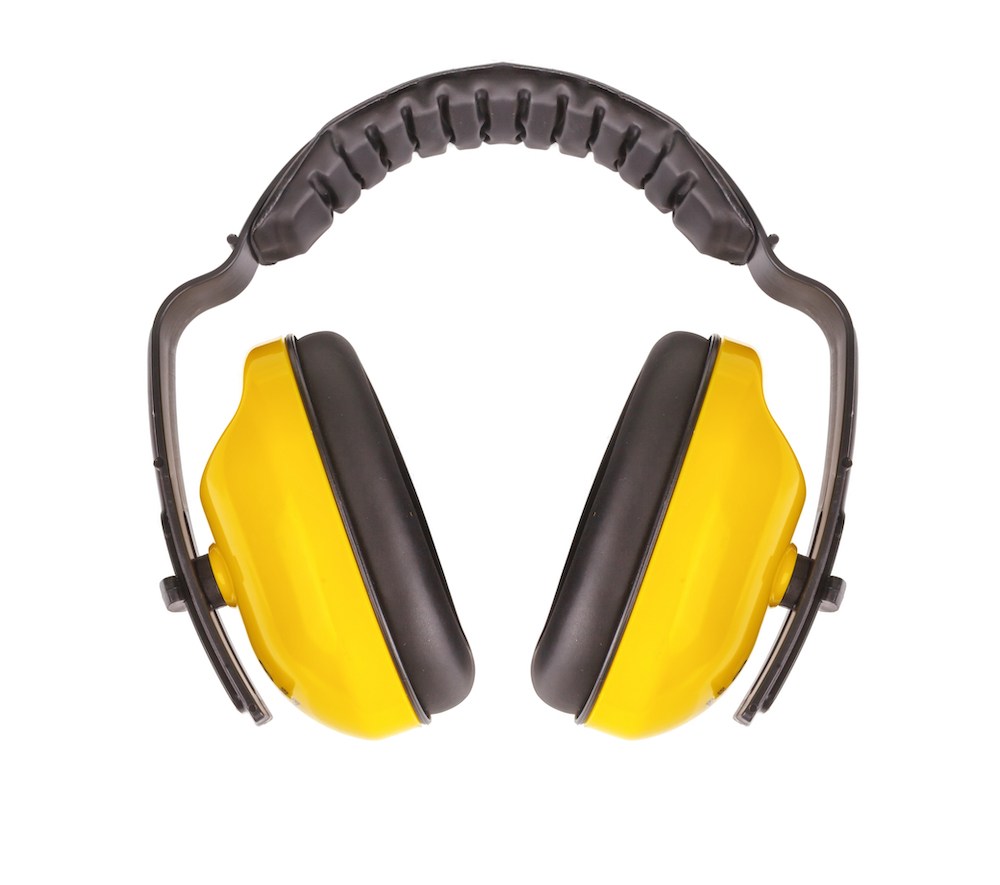Hearing Aid Warranties Explained
When you buy hearing aids, it’s important to pay attention to the


When you buy hearing aids, it’s important to pay attention to the

When it comes to hearing aids, one common question is whether wearing a

Athletes spend significant time focusing on training, safety and overall